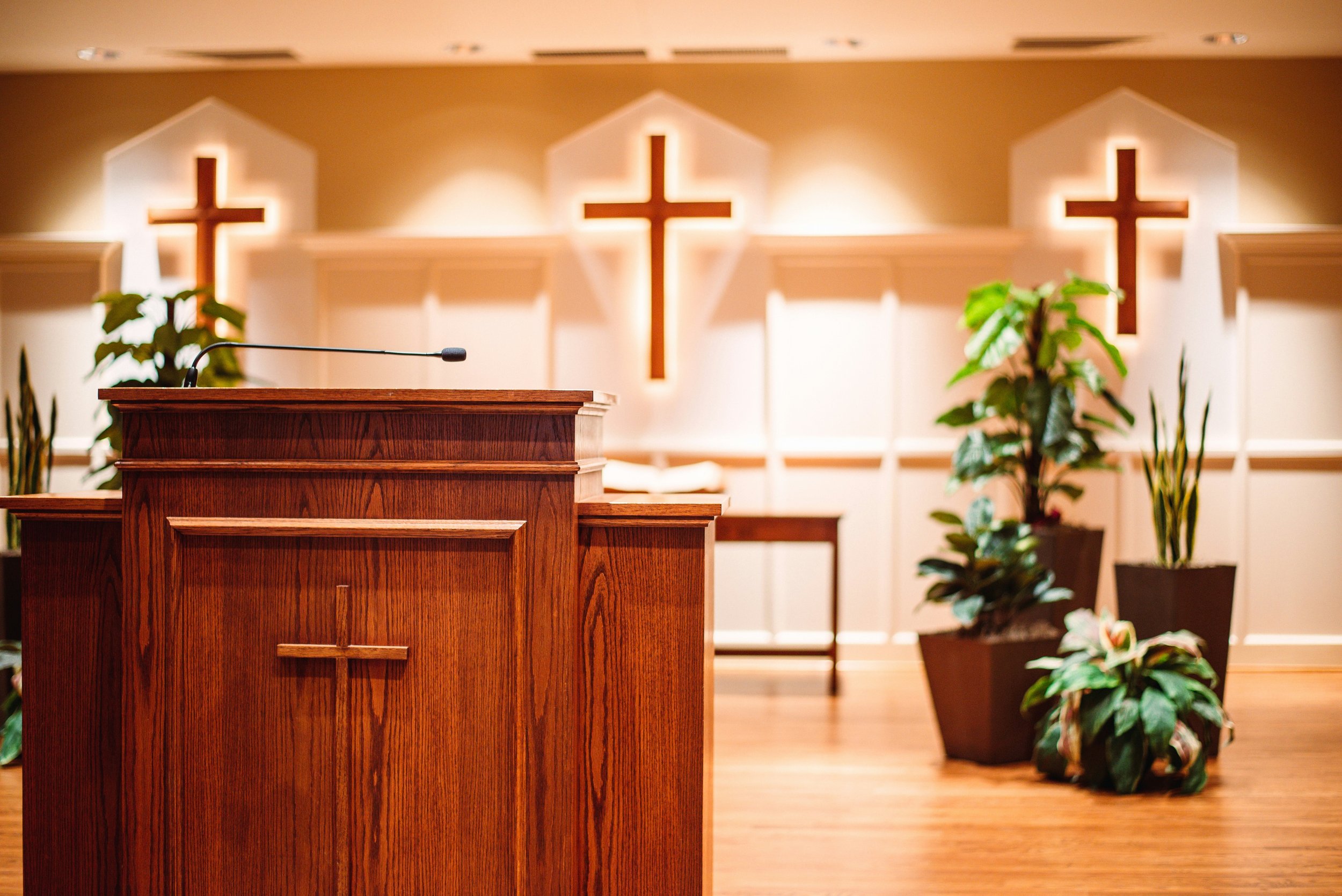6 Tips for Priests: How to Address Abuse in a Homily
Those who have been personally impacted by abuse in the Church often tell Awake that they wish priests would speak more openly about this problem, including at Mass. Of course, we recognize that it takes courage to speak abut this painful topic; it’s not easy to know what words will help and not cause further harm. We offer these suggestions for priests based on Awake’s experience walking with many abuse survivors and concerned Catholics.
If you are a lay person, please consider sharing this post with clergy in your local community.
Know Your Audience. Please assume that every time you preach, there are people in the congregation who have experienced trauma, including harm caused by Catholic leaders. These beloved sons and daughters of God are sitting in your pews, seeking words of compassion and understanding, while often fearing condemnation and exclusion. You may not know which people are carrying these experiences, but your words can make a real difference to them.
Start with Humility. If you don’t feel like an expert or you’re concerned about saying the wrong thing, it’s OK to say so! Without focusing too much on your own discomfort, it can be helpful to acknowledge that this is a hard topic, that you don’t have all the answers, and that you are open to feedback.
Speak from the Heart. Your people need to hear the ways that you have been personally impacted by abuse in the Church. Many survivors have told us that a priest honestly sharing his own feelings of anger or sadness about the reality of abuse helped them believe that the Church really does care about what happened to them.
Acknowledge the Seriousness of the Problem. Be sure your homily communicates that abuse and institutional betrayal have caused deep wounds in the Body of Christ that have not been healed. It is important to convey that there is still more work that we need to do as a Church to prevent abuse, seek accountability, and care for survivors.
Use Inclusive Language. Abuse in the Church is not only sexual abuse of minors by priests. Make sure your language does not exclude those abused as adults, those harmed by deacons, religious brothers or sisters, or lay leaders, or those who experienced physical, spiritual, emotional, or other nonsexual forms of abuse. We find the phrase “abuse by Catholic leaders” to be most inclusive.
Offer Resources for Follow-Up. It is important to offer invitations to access continuing support, both within and outside your parish. Let people know that you are open to further conversation on the topic but also recommend resources for those who may be more comfortable speaking with someone who is not a priest. You are always welcome to refer survivors and other concerned Catholics to Awake for ongoing community and support.
May the Holy Spirit inspire your words and open the hearts of all who will hear them.
—Sara Larson, Executive Director

